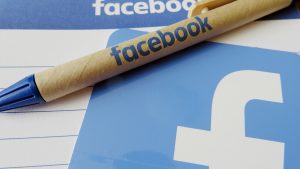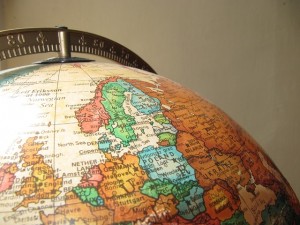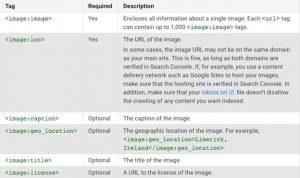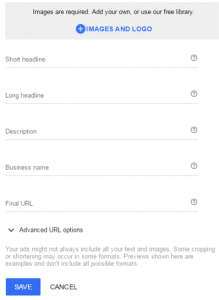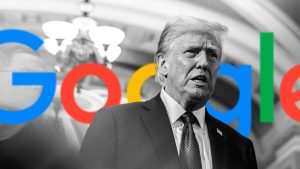Machine-To-Machine Everything Influences Search In 2020
The ability to continuously analyze and extract data from search and internet-connected devices continues to grow.
ABI Research calls it the concept of continuous intelligence (CI), which the research firm believes will consolidate the IoT analytics market and enable more advanced analytics in near real-time.
CI will influence search and ad targeting, giving marketers much more data to use in advertising. Most IoT devices require an opt-in process, giving companies the ability to use the data for ad targeting.
ABI Research does not cite this in the report, but CI seems inevitable when considering the role of search and machine learning for text, images and video — not just as an engine, but as a technology that runs in the background to become the foundation of most media on interconnected devices, from connected automobiles to smartwatches and smart thermostats, cameras and lights.
Consider this. While there is a debate on the number of internet-connected devices, Statista estimates 30.73 billion in 2020, up from 26.66 billion in 2019. I contributed to this year’s number with the purchase of an Apple Watch during the holidays.
ABI Research believes CI applications are possible because companies offering cloud services also offer exchange-to-exchange platforms, expanding their capabilities through digital twinning, Big Data technologies, and machine-learning algorithms.
While ABI Research predicts greater adoption of CI technologies, which relies on IoT data analytics beyond traditional means such as maintenance and control, I believe search and other types of online advertising will rely more on IoT data based on this concept of CI.
One clue to this move is the partnership announced in mid-December between Apple, Amazon, Google and others, along with the Zigbee Alliance on the connected home project.
The new working group — Project Connected Home over IP, announced at the time — plans to develop standards that promote the adoption of a royalty-free connectivity standards, making it easier to connect fragmented smart-home products.
Participating companies also include Ikea, NXP, Schneider Electric and Silicon Labs, among others.
(34)
Report Post
